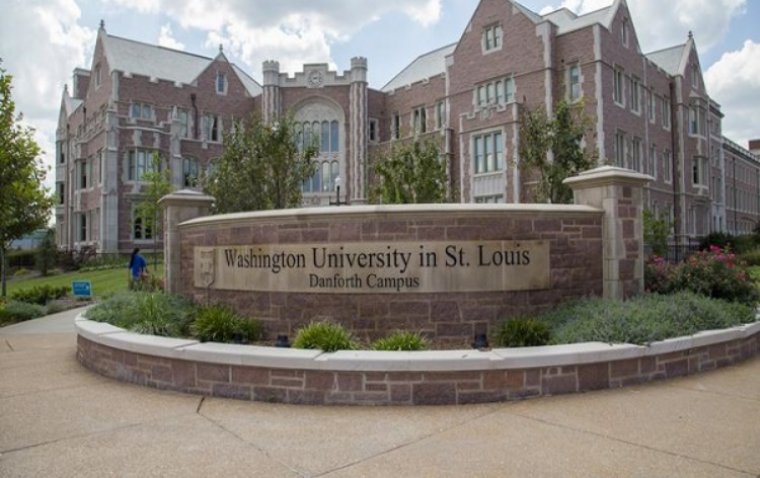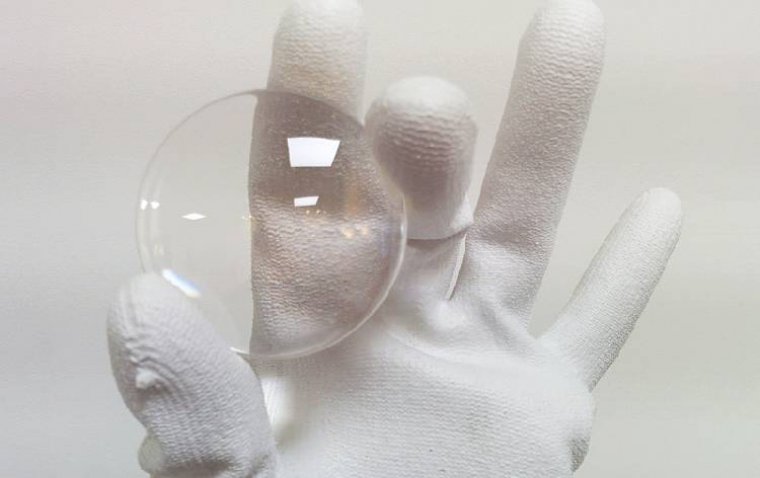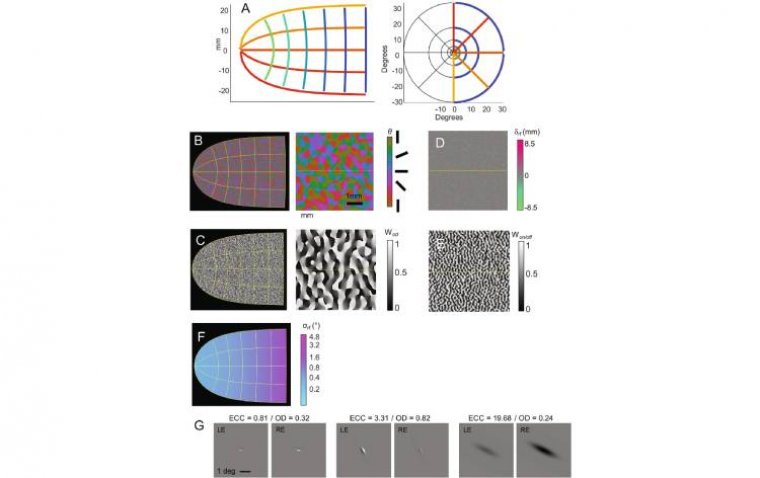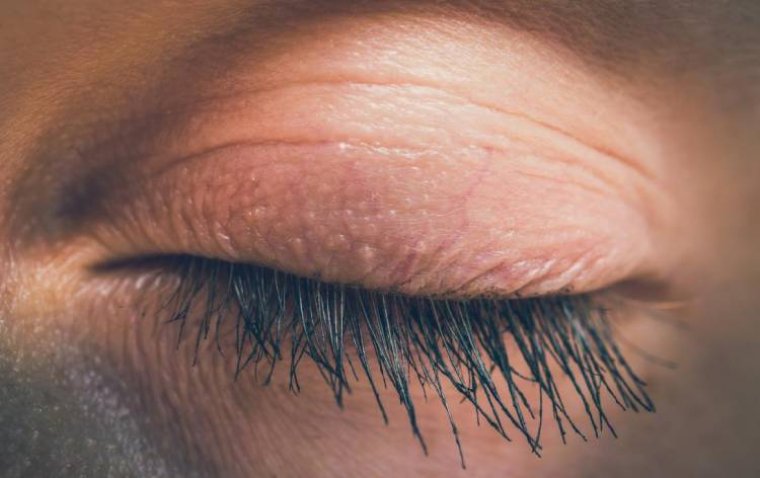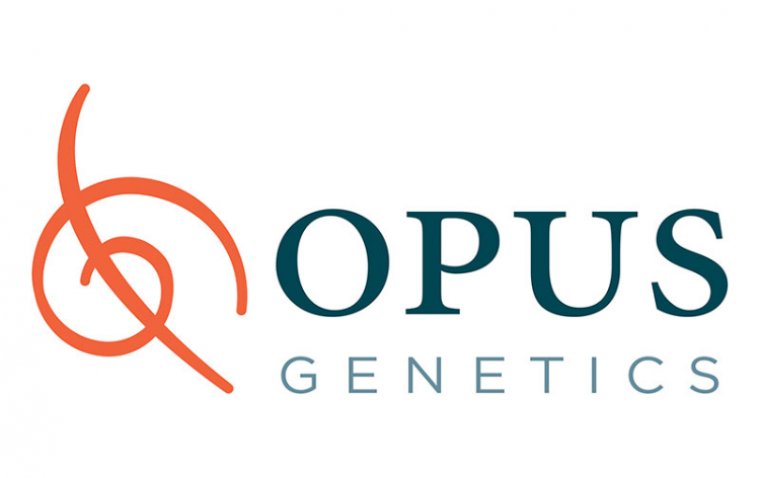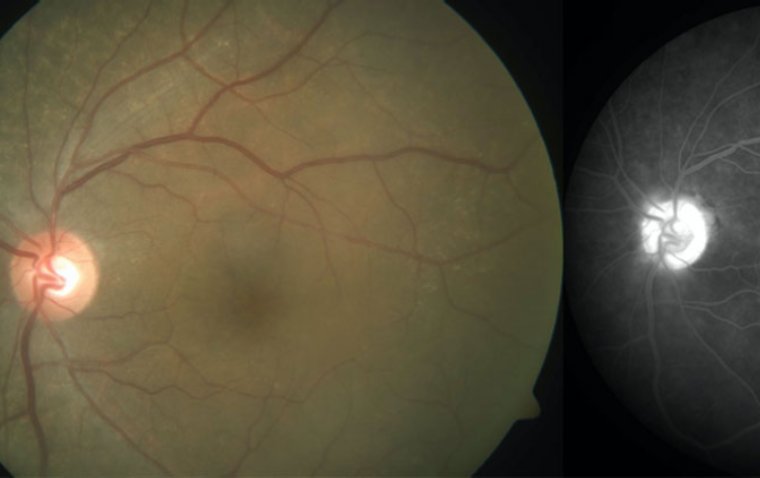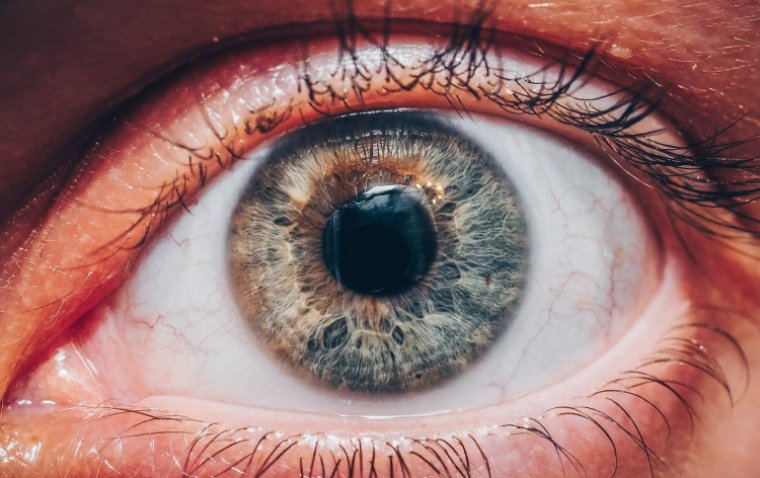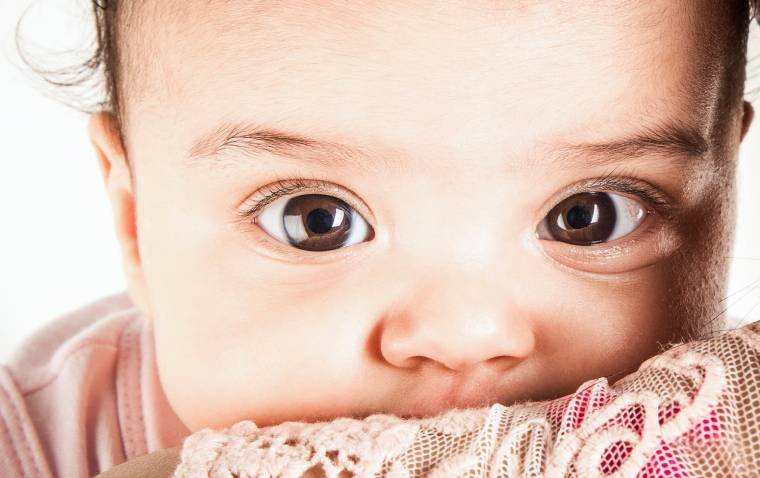
Genetic Therapy Brings Life-Changing Vision Improvements for Infants
Four young children born with severe visual impairment due to a rare genetic deficiency affecting the AIPL1 gene have experienced life-changing improvements in vision following a pioneering gene therapy. This breakthrough treatment was developed by researchers at the UCL Institute of Ophthalmology and Moorfields Eye Hospital, with support from MeiraGTx.
AIPL1 Deficiency: A Rare and Severe Retinal Dystrophy
The condition, a form of retinal dystrophy, leaves affected children with only the ability to distinguish between light and darkness at birth. The defective AIPL1 gene causes retinal cells to malfunction and die, leading to severe vision loss and legal blindness from birth.
This new gene therapy aims to preserve retinal cells and enhance their function, offering a potential lifeline for children affected by genetic blindness.
How the Gene Therapy Works
Developed by UCL scientists, the minimally invasive procedure involves:
• Injecting healthy copies of the AIPL1 gene into the retina through keyhole surgery
• Using a harmless virus as a delivery system to penetrate retinal cells and replace the defective gene
Remarkable Improvements in Treated Children
Due to the rarity of the condition, the first four children identified for the trial were from overseas. To ensure safety, the therapy was administered in only one eye per child.
Over the following three to four years, all four children experienced remarkable improvements in their treated eye while losing sight in the untreated eye, highlighting the therapy’s effectiveness.
The findings, published in The Lancet, demonstrate that early gene therapy intervention can dramatically improve vision in children with this severe condition.
Implications for Genetic Blindness Treatments
Gene therapy for another form of genetic blindness (RPE65 deficiency) has been available through the NHS since 2020. These latest results offer new hope that similar genetic treatments could benefit children with both rare and more common forms of inherited blindness in the future.
The research team is now working to make this transformative therapy more widely accessible.
Expert Insights on the Impact of the Treatment
Professor James Bainbridge, Professor of Retinal Studies at UCL Institute of Ophthalmology and Consultant Retinal Surgeon at Moorfields Eye Hospital, emphasized:
“Sight impairment in young children has a devastating effect on their development. Treatment in infancy with this new genetic medicine can transform the lives of those most severely affected.”
Professor Michel Michaelides, Professor of Ophthalmology at UCL Institute of Ophthalmology and Consultant Retinal Specialist at Moorfields Eye Hospital, highlighted the breakthrough:
“We have, for the first time, an effective treatment for the most severe form of childhood blindness, and a potential paradigm shift to treatment at the earliest stages of the disease. The outcomes for these children are hugely impressive and show the power of gene therapy to change lives.”
Next Steps in Gene Therapy for Childhood Blindness
The procedure was carried out at Great Ormond Street Hospital, with assessments conducted at the NIHR Moorfields Clinical Research Facility. The NIHR Moorfields Biomedical Research Center provided crucial infrastructure to support the research.
As efforts continue to expand access to this groundbreaking treatment, this study marks a major step forward in the fight against genetic blindness.
Reference:
Gene therapy in children with AIPL1-associated severe retinal dystrophy: an open-label, first-in-human interventional study, The Lancet (2025).
(1).jpg)
